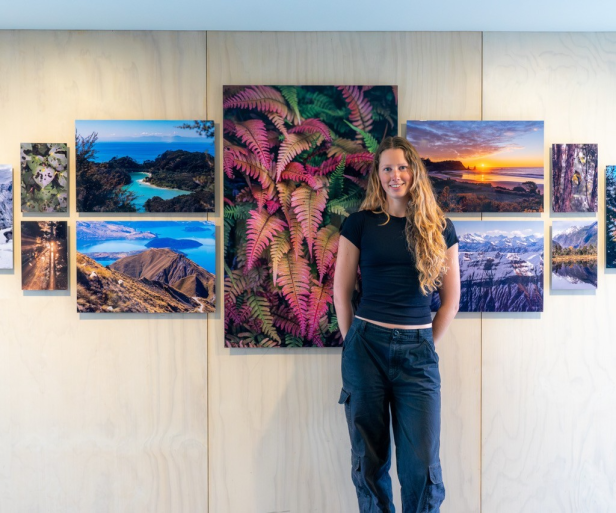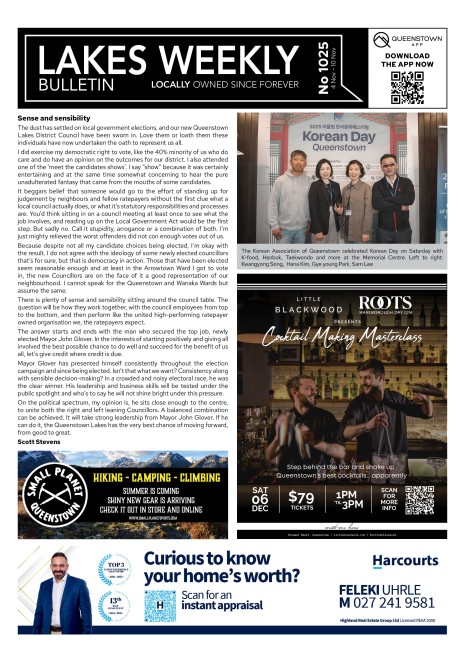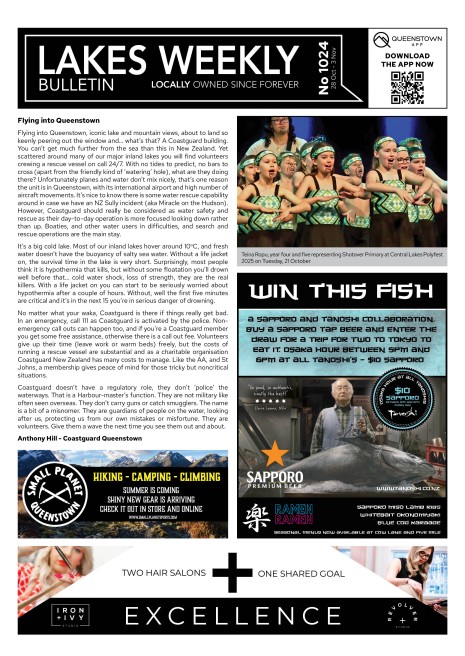Housing crisis impacting volunteer numbers - YouthSAR plans now on hold
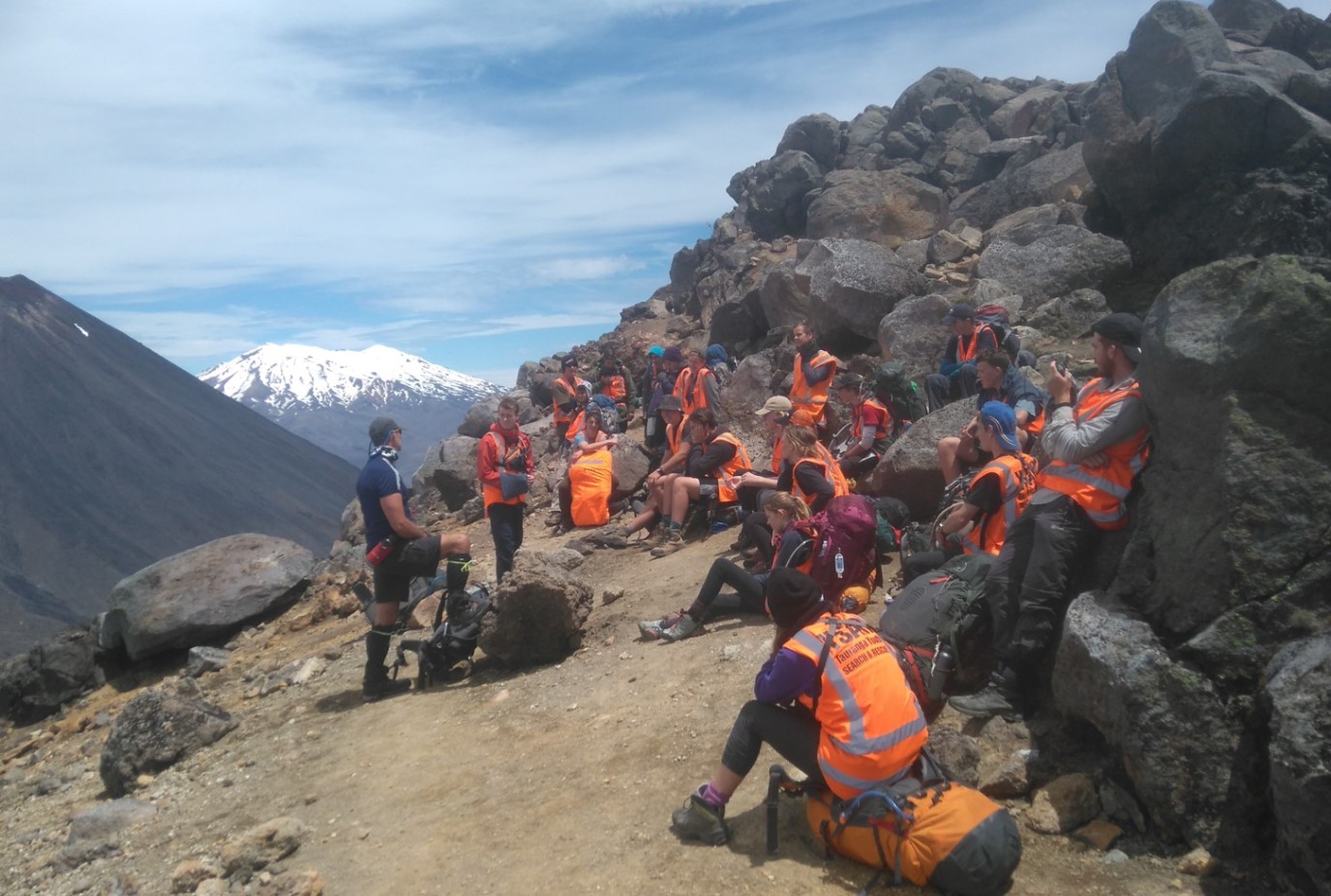
Queenstown’s chronic housing crisis now appears to be being felt in the heart of important organisations and charitable groups that rely heavily on volunteers to function.
Youth Search and Rescue (YSAR) has been working for two years to launch locally with young people keen to get started and applications confirmed. However, plans have been delayed after a key head instructor volunteer has been forced to leave the district due to unaffordable increases in her rent.
“We’re gutted, as we have wonderful support in the community with experienced Search and Rescue volunteers ready to assist,” YSAR national spokesperson Nina Crowe says. Longtime Land Search and Rescue volunteer and instructor Ed Halson has been a big instigator in bringing the three-year programme to the Wakatipu.
The female instructor was experienced locally and able to commit to the necessary hours for the role. “Unfortunately, her rents rose unrealistically, and it just became prohibitable,” Crowe says.
Greater work and living cost pressures and family commitments meant the other volunteers couldn’t commit to the schedule.
“It’s frustrating as everybody is so keen to see it happen,” she says.
There’s even been great financial support to get the programme off the ground, and it’s taking off in Dunedin and Christchurch with heaps of volunteers.
“It just means the rangatahi in your community are not getting the opportunities they could have. It’s a massive opportunity. Kids from YSAR end up on so many great career paths and it’s so beneficial to their physical and mental wellbeing,” Crowe says. Most return as adult SAR volunteers.
The first intake was to start in February and Crowe says if a replacement comes through in the next month they can still start, otherwise they’ll have to postpone for a year.
CAB Queenstown manager Tracy Pool says it’s a huge problem and they desperately need volunteers. They have to close a few shifts a week as the required volunteers aren’t available. “We used to have 40, now we have a base of 22, only 12 of whom are active.” Some older volunteers have left to look after grandchildren.
The Buddy Programme coordinator for Family Works Southland, Nanette Bennington, says they’ve had six Little Buddy families leave the district, due to housing and living costs. “We’ve had people say they’re going to move away because it’s too expensive.” Less Big Buddies are applying. “Workload seems to be the main reason as the workforce isn’t up to its usual levels.”
Big buddies must also be settled in the area for 12 to 18 months. “Prior to Covid we had 30 matches and now we have 13, nearly 14.”
Salvation Army corps officer and director of community ministries Andrew Wilson says they really need volunteers in the lead-up to the busy Christmas season. Pressures on families means less people are able to volunteer for organisations. “Every minute counts towards earning now.” One of the Salvation Army’s own student counsellors – an ‘absolutely invaluable’ Argentinian-born New Zealander with the team for close to two years, is due to be evicted in a month’s time and may have to leave. “We’re not immune to the housing situation,” Wilson says.
Volunteer South regional lead Gillian White says she strongly recommends organisations change the way they engage volunteers and adapt in changing times. “Be flexible and think outside the box.”
Housing helper now faces prospect of no home
Ironically the woman who’s worked tirelessly clocking up to 40 volunteer hours a week helping those desperately in need of housing may have to leave Queenstown herself with just days to vacate her current rental.
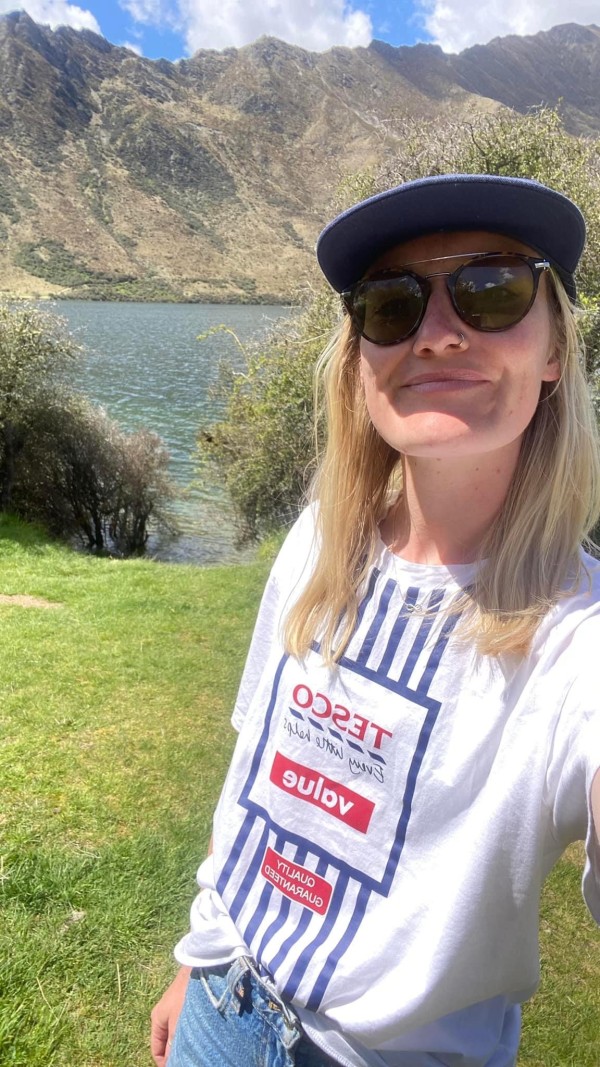
Hannah Sullivan
Queenstown Housing Initiative’s Hannah Sullivan says she hears it from people all the time - ‘I don’t have anywhere to live’. “Now, despite volunteering to help others with no place to live, I have a week myself to get out and I just can’t find anything suitably priced,” she says.
The huge pressure of receiving the constant barrage of emails and phone calls from those screaming out for help, on top of 45-hour working weeks driving on a local construction site, has left Sullivan totally stretched. “It never stops,” she says.
She and a friend found a three-bedroom Frankton Road house that was an unaffordable $1200 a week. The average is $300 a room, minus bills.
She’s heard of many cases of people unable to keep committing to volunteering locally as the housing situation is driving them out.
An Auckland teacher was planning to help Sullivan as a volunteer on the Housing Initiative after an approach to teach here, but nobody could help her find housing.
The Housing Initiative was also contacted about a desperately needed psychologist who’d moved here to work in a mental health team. She had to leave within five weeks because she couldn’t find accommodation.
“People are struggling between food and paying rent to the point of no return. It’s terrifying.”
All of Sullivan’s friends are accommodating others so she’s looking at ‘a tent in a friend’s garden’ as an option.
She enjoys helping people who are struggling but says it’s time to try and find some grant funding to keep up this much-needed role as it’s become too much for her voluntarily.



